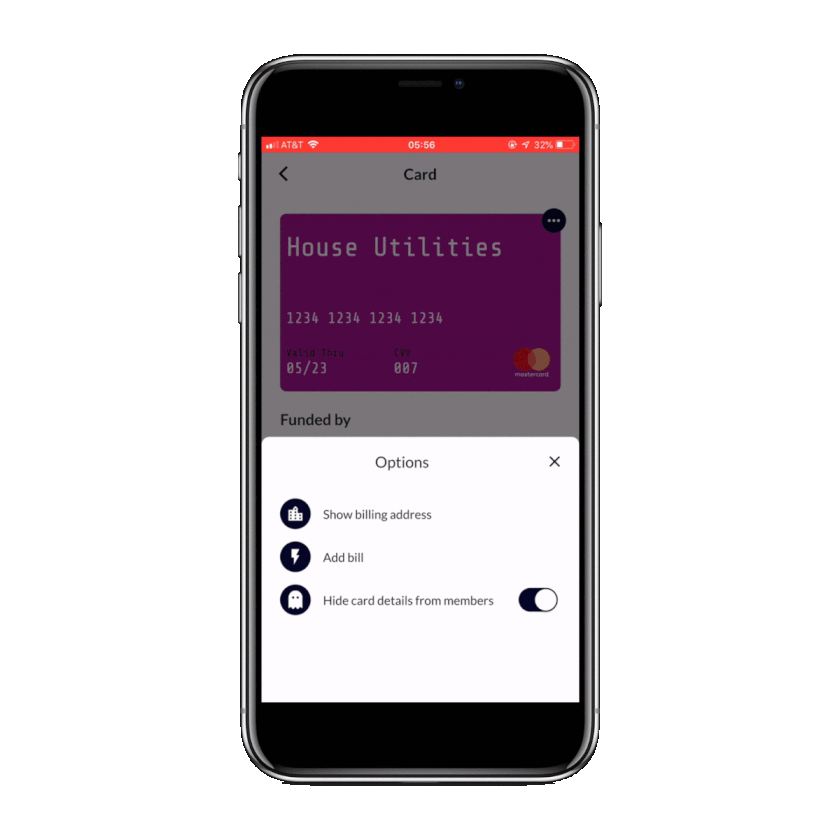Ysplit wants to make it so you never owe your friends money again
When you live with roommates or go out often with friends, it’s common for someone to front the payment — be that for utilities, the cable bill, rent or the restaurant bill — and have everyone else pay them back via cash, Venmo or Apple Pay. But Ysplit, a company launching out of Y Combinator, wants to make it so you never have to owe anyone ever again.
It works by creating a virtual card that automatically deducts money from everyone’s bank account. So, the person who usually fronts the payment would instead use Ysplit’s virtual card.
“We front the payment and as we’re fronting payment, we’re ensuring everyone on the card has enough money,” Ysplit co-founder Tunde Alao told TechCrunch. “We authorize the payment and then charge everyone at the same time.”

Ysplit is totally free to users but makes money through interchange fees. Since the payment happens through Ysplit’s card, it’s able to charge the utility provider between 1.3 to 2 percent of the transaction.
Ysplit spun out of Alao and his co-founders’ first startup, Cluttr. While the three of them were interning at Google, they shared a house and came up with the idea to help them organize their shared finances.
“We created something to track how much we owed each other,” Alao said. “It got quite popular in the U.K. but we realized we’re not solving any problem by helping people track how much they owe each other. We wanted to stop people from owing each other entirely.”
Cluttr, which Alao said was similar to Splitwise, was basically Splitwise plus scheduling. Splitwise allows you to easily track bills and other expenses with friends. There are numerous other apps that make it easy to track how much you owe someone, but few — if any — that let you so easily split the expenses upfront.
Ysplit is currently in closed beta with about 40 households using the product. After Y Combinator demo day next week, Ysplit will roll out the app to an additional 500 people. Ysplit is initially focused on utility payments for roommates, but plans to add additional service providers down the road.
“It scales into a lot of situations,” Alao said.
from TechCrunch https://ift.tt/2TKgMXT


No comments
Post a Comment